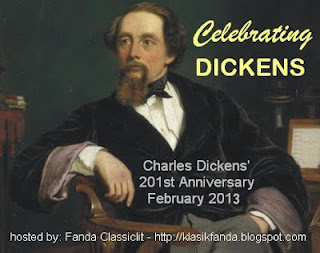Ivanhoe, set in medieval England,
is the story of the knight Wilfred of Ivanhoe, a Saxon, who seeks to help Richard the Lionhearted come back to power, defeat several cunning and vicious Normans, and marry his sweetheart, the Lady Rowena. Along the way, we meet various characters--Saxon, Norman, and even Jew--who are intent on supporting King Richard, Prince John, or on raising their own Saxon royalty back to power.
 |
I read this gorgeous
collector's edition. |

During the first 100 pages or so of
Ivanhoe, I'll admit I was not impressed. The characters seemed stereotypical and flat, the plot seemed overdone and uninspired, and everything about the story seemed unrealistic and fantastic (and not in a good way). It seemed to me (as I mentioned in
this post) that Sir Walter Scott was using history to serve as a convenient backdrop to his own heroical fantasies.
But after doing a bit of
analysis on the character of Cedric and learning about
Sir Walter Scott, I began to see a little deeper into this book. I began to see a side of
Ivanhoe where history doesn't take second place to story; story serves to illuminate history.
The characters weren't what I would call "real," but I began to see them less as stereotypes (Hero, Villain, Damsel in Distress, etc.) than as representations. Cedric himself is the older generation; he wants to keep everything the same, to preserve the traditions of his people. The next generation, however (Ivanhoe and Rowena) aren't really interested in this purpose; although they respect Saxons, they are less interested in preserving the actual blood line than they are in preserving the Saxon values (courage, masculinity, integrity). They respect Richard Coeur-de-Lion because he is good and just to everyone, not just his own people.
The story is really about how a nation is created by merging two distinct peoples and cultures. As the reader, we can see both sides. Cedric, as well as the other Saxons, are disrespected and insulted by the Normans; naturally, they want to take control of their own nation again and get rid of the Normans. But on the other hand, Richard Coeur-de-Lion, who is a Norman himself, is a good king and promises to be just to both Norman and Saxon (and he carries out his promise). Why not create a new nation where both can dwell as one under a good ruler?








